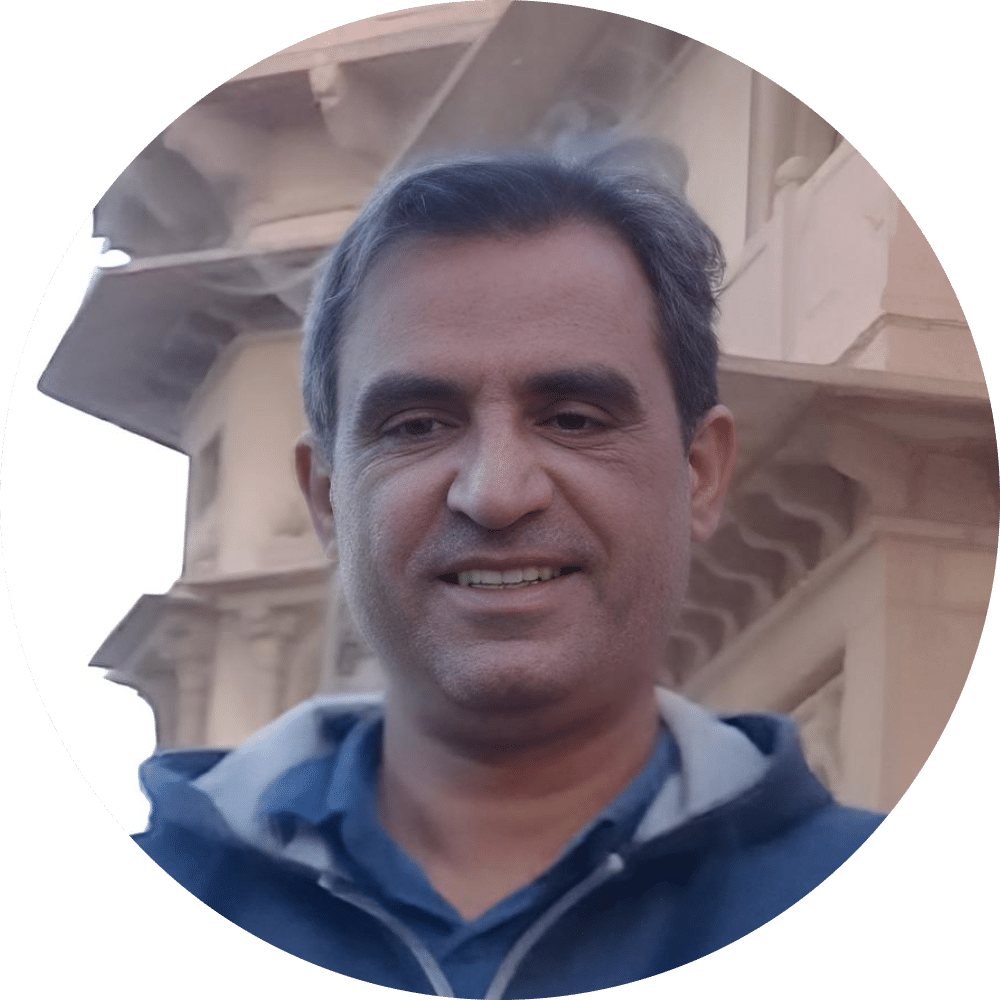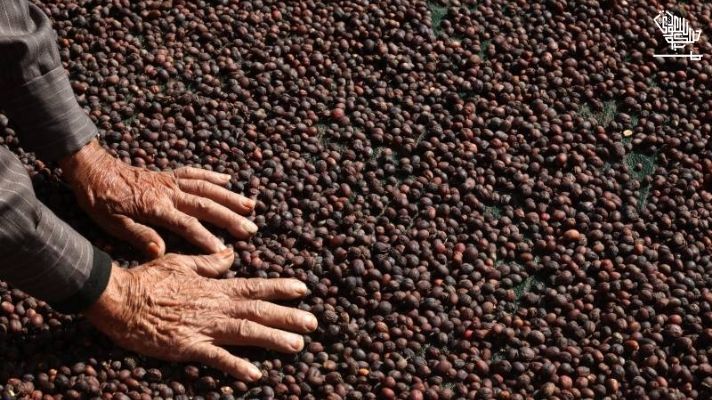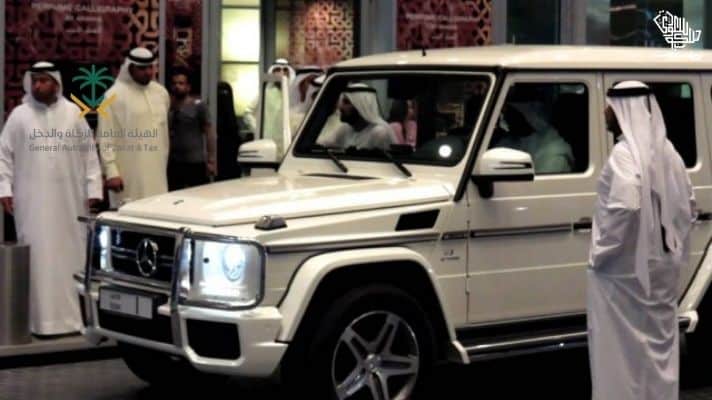Riyadh: Using protected houses, MEWA, the Ministry of Environment, Water and Agriculture, has grown Khawlani coffee beans in Riyadh.
The experiment was successful, with seedlings from farms in the south cultivated in protected buildings. These buildings in Khawlani, Riyadh, provided an ideal atmosphere for coffee bean production.
Dr Ali Abdel Jalil, the adviser to the Undersecretary of the Ministry of Agriculture and supervisor of research and study of promising plants, told Al-Arabiya that the experiment’s goal was to change the production base for farmers and introduce crops with efficient and high economic returns to the farms. Saudi Arabia imports 95% of most consumer goods.
“We import more than 95% of our needs from other countries, so we started developing it and selecting good kinds to extend its cultivation throughout the Kingdom,” he said.
“We began growing coffee in protected zones with controlled temperature and discovered that this gave high output. Producing twice as much as the open fields,” Dr. Abdel Jalil said.
He added that this was a green light for farmers and investment in coffee in huge quantities.
He said the yield in protected zones was more than 30 kilos per tree, compared to only 18 trees on the open ground.
“By giving fresh water and healthy soil, productivity increased threefold,” he said, pointing out planted seedlings of a specific size produced after a year. In comparison, production on an open farm took two to three years.
According to Dr. Abdel Jalil, the ministry is contacting experts to investigate and assess the quality produced in greenhouses.
Nutritional value, flavor, caffeine, and the extent of chemical residues are all measured, allowing laboratories to see everything that goes into this product.

Faisal Malik is an accomplished author and the Chief Editor at Saudi Scoop. With a passion for delivering insightful and engaging content, he leads the editorial team, covering diverse topics that resonate with readers. His expertise in journalism and storytelling ensures high-quality, well-researched articles that inform and inspire.




